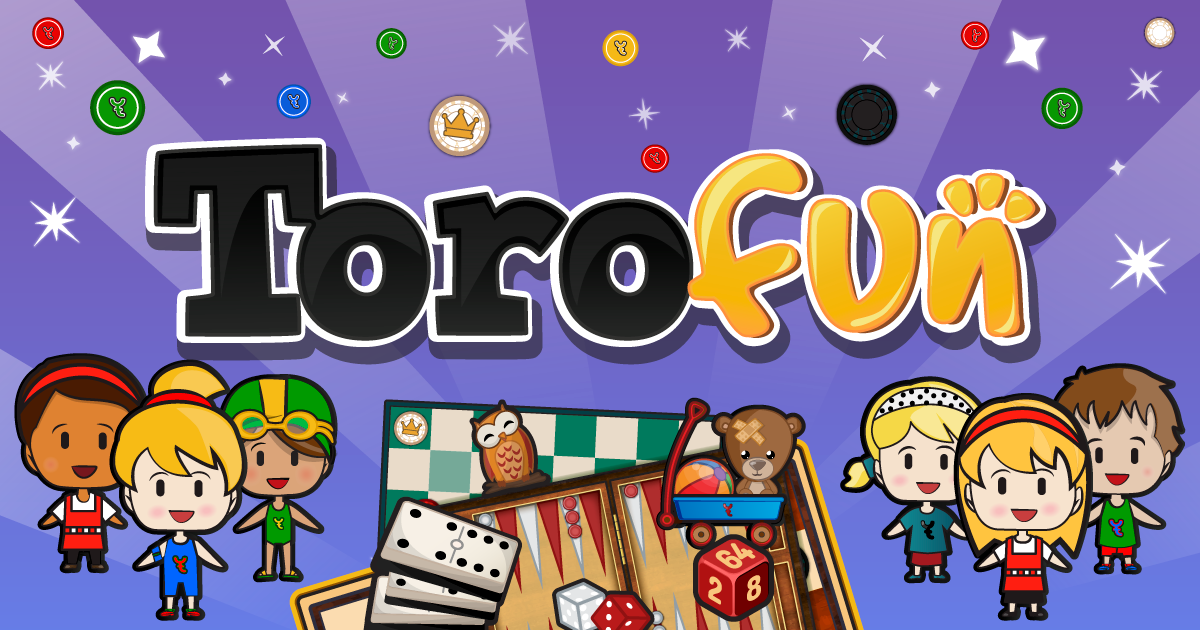In a world dominated by screens and fast-paced lifestyles, the timeless charm of social games remains strong. From the ancient origins of card games and board games to the modern transition towards the digital environment, these social pastimes have played a crucial role in the connection between people, promoting camaraderie and providing endless hours of entertainment. Join us on a journey through the history of social games, exploring their evolution from traditional forms to the vibrant online gaming community we know today.
The ancient roots of social games
The roots of social games go back to ancient civilisations, where people participated in simple but engaging games that brought communities together. Archaeological evidence suggests that board games such as Senet were played in Ancient Egypt as early as 3500 BC. These early games were not only a source of leisure, but also had cultural and religious significance, often symbolising the journey of life and the afterlife.
Card games, another cornerstone of social gaming, made their début in 9th century China with the invention of playing cards. These cards, initially used for gambling, soon reached other parts of Asia and Europe, evolving into various games that are still popular today.
The rise of board games and card games
As societies evolved, so did social games. The Middle Ages saw the emergence of chess, a strategic board game that captivated kings and commoners alike. Chess transcended cultural boundaries and became a symbol of intellect and strategic thinking.
In the 17th century, Europe witnessed the rise of card games such as poker and bridge. These games not only provided entertainment, but also became an integral part of social meetings, offering a platform for interaction and friendly competition. The social aspect of these games was particularly evident in the salons of the aristocracy.
Lottery and Bingo: Gambling with a social twist
The concept of gambling games, such as lottery games, gained importance during the Renaissance. Lotteries were often used to finance public projects, and their popularity soared in Europe and the American colonies. The lure of a potential win brought people together, and the communal experience of participating in a lottery became a social event.
Bingo, with its roots in the Italian game “Il Giuoco del Lotto d’Italia“, also became a social phenomenon. The game evolved over the centuries and found its place in churches, community centres and eventually commercial bingo halls. The excitement of shouting “Bingo!” created a sense of shared enthusiasm and camaraderie among players.
20th century: Social games go mainstream
The 20th century saw a boom in the popularity of board and card games. Companies such as Parker Brothers and Milton Bradley introduced iconic games like Monopoly and Scrabble, which became staples in homes around the world. These games not only provided entertainment, but also served as a meeting place for family and friends.
The arrival of television, and later, video games, challenged traditional social games. However, instead of falling into oblivion, board and card games adapted to the new times. The popularity of Dungeons and Dragons in the 1970s showed that people still craved the social experience of gaming, even in the face of emerging digital alternatives.
The digital age: From board to bytes
The late 20th century saw a paradigm shift in the gaming landscape with the advent of personal computers and the Internet. Traditional board and card games found a new home in the digital realm. Online platforms and computerised versions of the classics allowed players to connect with friends or strangers from the comfort of their homes.
The 21st century saw the rise of games for mobile phones, which made social games even more accessible. Online applications and platforms such as Tabletopia and Board Game Arena allowed players to enjoy a wide range of board and card games with opponents from all over the world. The social aspect remained intact, with chat functions and multiplayer options which facilitated interaction.
The social impact of online gaming
The transition towards online gaming not only expended the reach of social games, but also changed the way in which people interacted with each other. Virtual boards and multiplayer modes created a global community of players, fostering friendships and alliances that transcend geographical boundaries. The integration of social media further amplified the social experience, allowing players to share their victories, defeats and gaming experiences with a wider audience.
Nowadays, social gaming is not limited to physical spaces or specific occasions. Whether it is a quick game of online poker with friends or a marathon session of a multiplayer video game, the social aspect remains a driving force behind the enjoyment of these activities.
The future of social gaming
As technology continues to advance, the social gaming landscape will undoubtedly evolve. Virtual reality (VR) and augmented reality (AR) promise to take the social gaming experience to new heights, offering immersive environments and interactions that bridge the physical and digital worlds.
In conclusion, the importance of social games, from their humble beginnings in ancient civilisations to their modern manifestations in the digital realm, cannot be overstated. These games have transcended time and cultural differences, consistently serving as a medium for human connection, joy and shared experiences. As we navigate the changing gaming landscape, one thing is clear: the allure of social games is timeless and their importance in fostering social bonds is here to stay.












